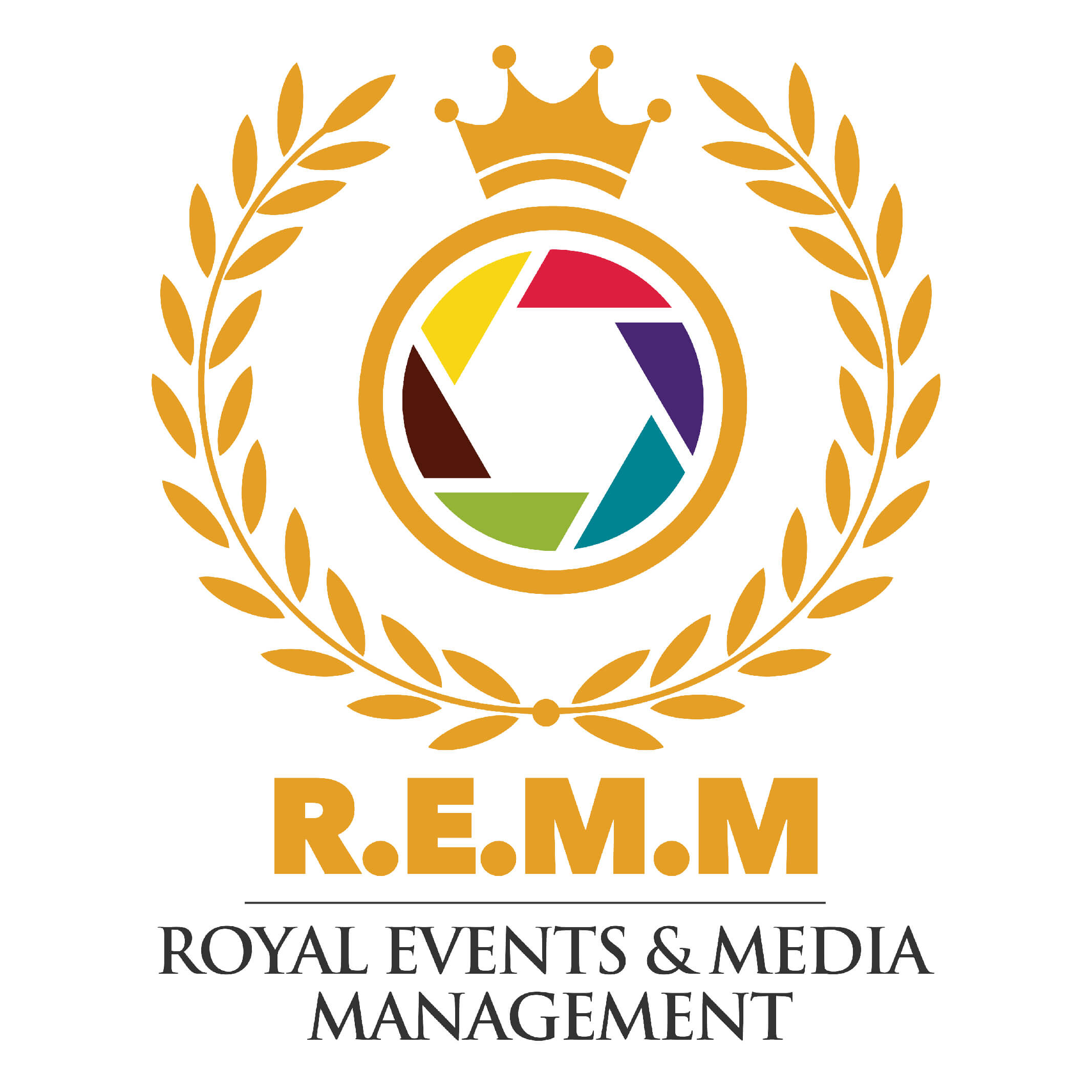Vendor management is a critical aspect of event planning that can significantly impact the success and execution of an event. From selecting the right suppliers to negotiating contracts and managing relationships, effective vendor management requires careful attention to detail and strategic planning. In this blog post, we’ll share essential tips for event coordinators on how to choose, negotiate with, and manage suppliers to ensure seamless event execution.
1. Research and Due Diligence
Start by conducting thorough research to identify potential event vendors and suppliers that align with your event’s vision, theme, and budget. Seek recommendations from colleagues, read reviews, and request proposals from multiple vendors to compare services and pricing.
2. Define Requirements and Expectations
Clearly define your requirements and expectations when communicating with vendors. Provide detailed specifications, timelines, and budget constraints to ensure that vendors understand your needs and can deliver accordingly.
3. Request Proposals and Quotes
Request proposals and quotes from selected vendors, outlining the scope of work, pricing, and terms of service. Review proposals carefully, paying attention to factors such as experience, reputation, references, and quality of service.
4. Negotiate Contracts
Negotiate contracts with selected vendors to secure favorable terms and pricing. Review contract terms thoroughly, including payment schedules, cancellation policies, and liability clauses. Seek legal advice if necessary to ensure that contracts are fair and legally binding.
5. Establish Clear Communication Channels
Establish clear communication channels with vendors to facilitate seamless collaboration and coordination. Designate a primary point of contact for each vendor and establish regular check-in meetings to review progress, address concerns, and provide updates.
6. Set Expectations and Deadlines
Set clear expectations and deadlines for deliverables to ensure that vendors meet project milestones and timelines. Communicate any changes or updates promptly and address any issues or delays proactively to minimize disruptions to the event planning process.
7. Maintain Positive Relationships
Cultivate positive relationships with vendors based on mutual respect, transparency, and professionalism. Show appreciation for their hard work and dedication, and provide feedback constructively to foster continuous improvement.
8. Monitor Performance and Quality
Monitor vendor performance and quality throughout the planning process to ensure that deliverables meet expectations and standards. Conduct site visits, review samples, and solicit feedback from stakeholders to assess vendor performance objectively.
9. Resolve Issues Promptly
Address any issues or concerns that arise promptly and professionally to prevent them from escalating into larger problems. Work collaboratively with vendors to find solutions and mitigate risks to ensure a successful outcome for the event.
10. Evaluate Vendor Performance
After the event, evaluate vendor performance based on key metrics such as quality of service, adherence to timelines, and customer satisfaction. Use insights gained to inform future vendor selection and management efforts.
By following these vendor management tips, event coordinators can effectively choose, negotiate with, and manage suppliers to ensure seamless event execution and deliver memorable experiences for attendees.
Keywords: vendor management, event coordinators, supplier selection, contract negotiation, vendor relationships, communication channels, performance monitoring, issue resolution, event execution, customer satisfaction.
